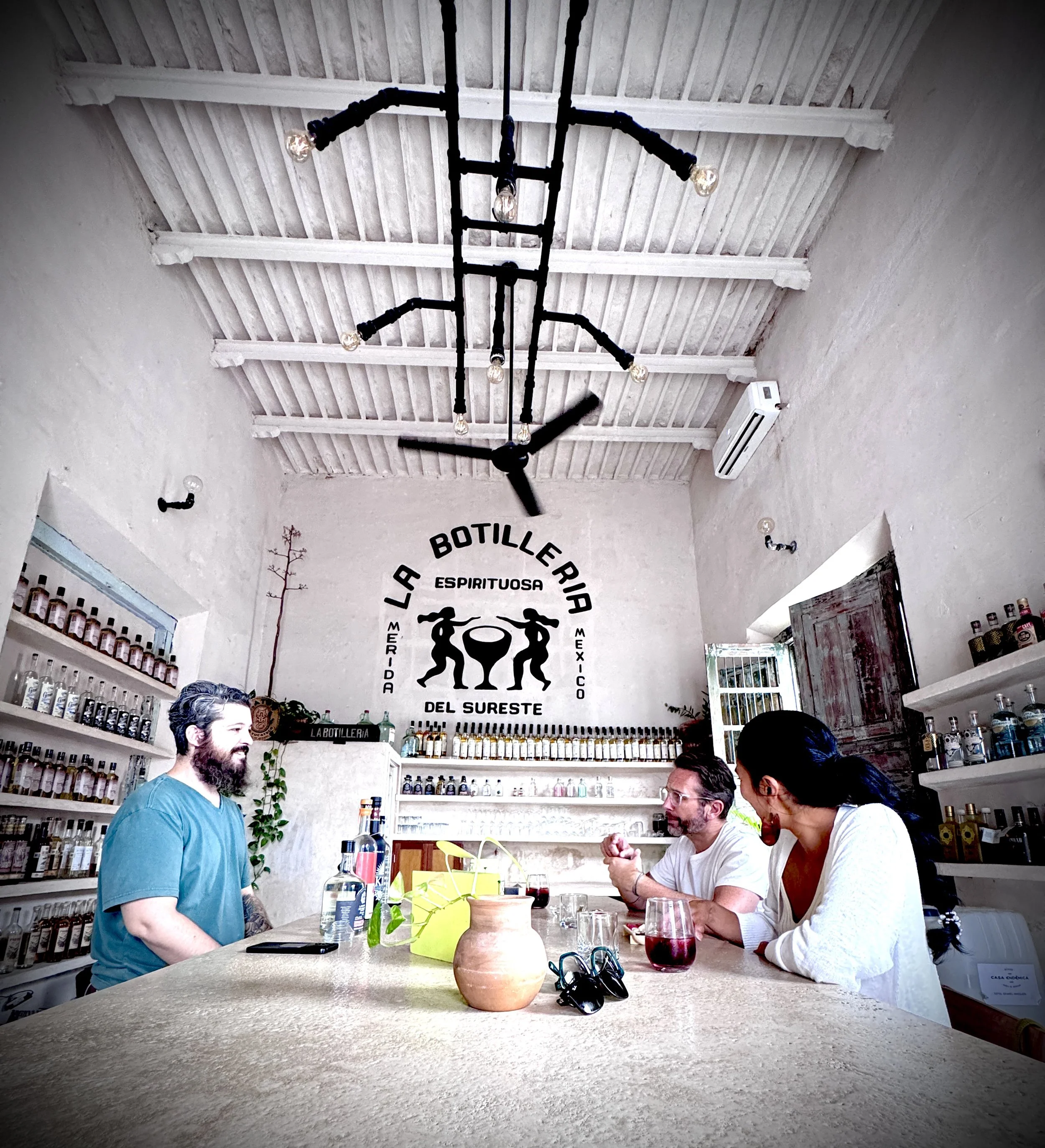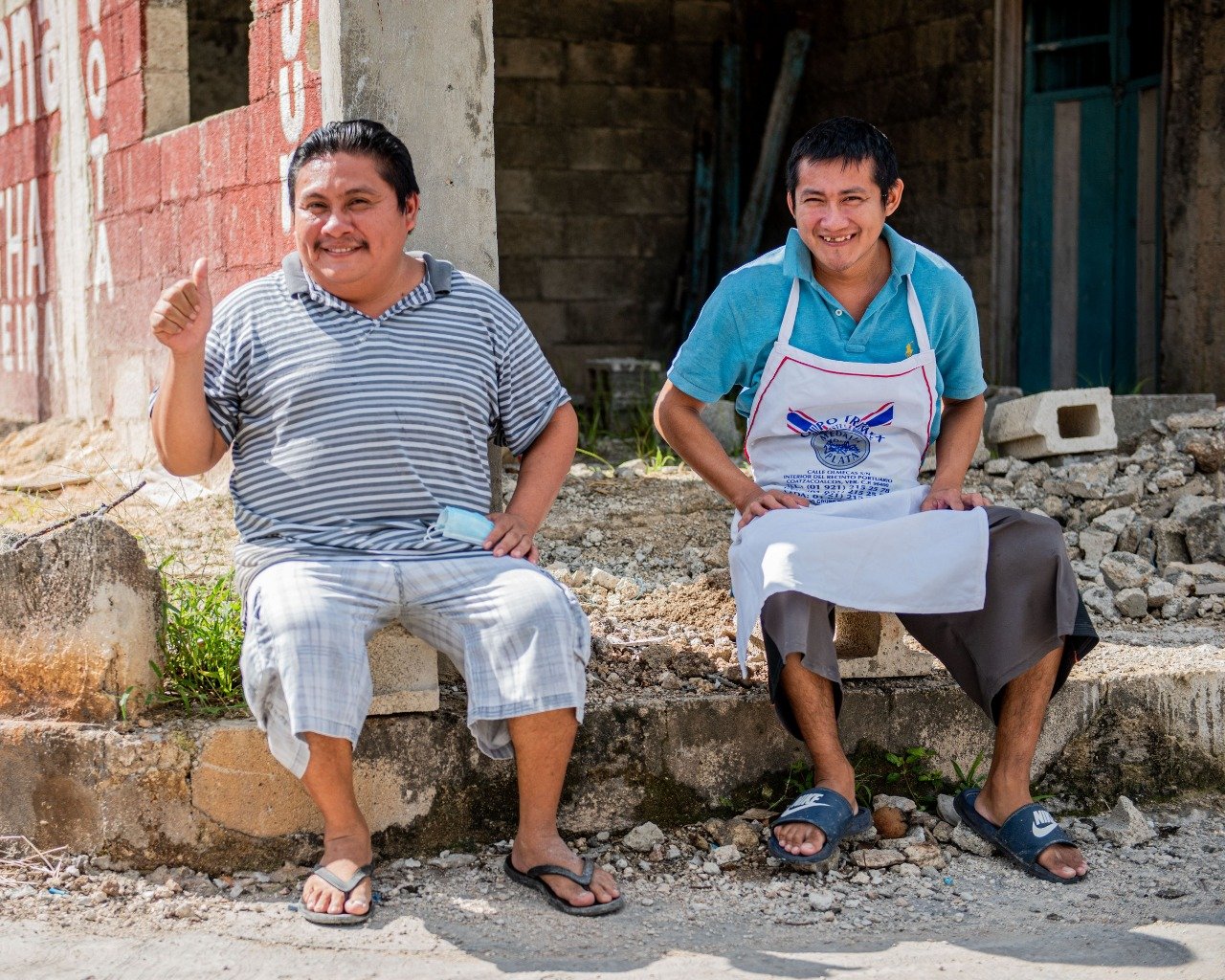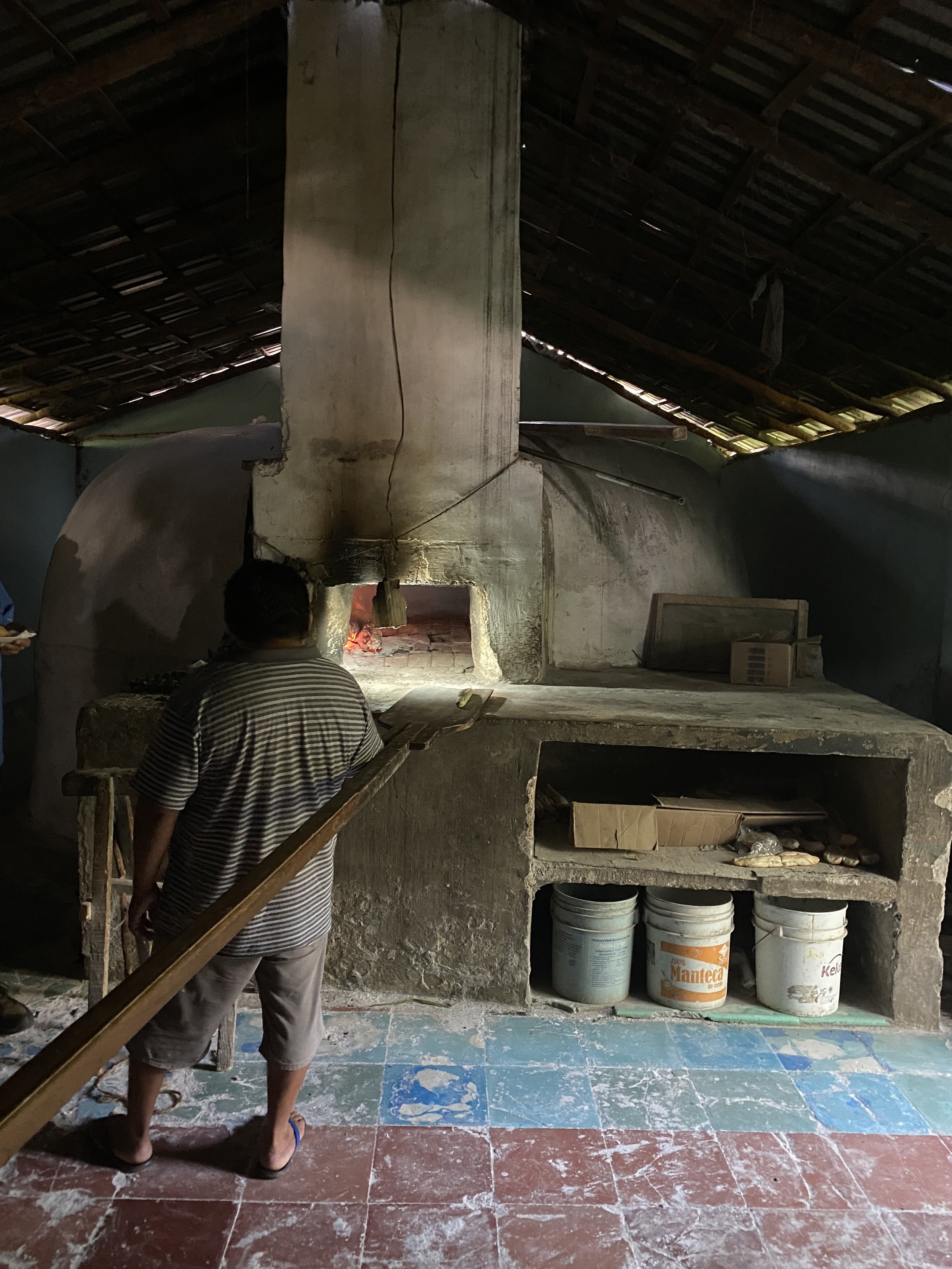How would you like to enjoy a private mezcal or tequila tasting experience?
Just yesterday, I had the opportunity to show a lovely couple a side of Merida that is talked about a lot (food, art) but not experienced enough, in my opinion. The kind of outing that was requested was a challenge and I almost didn’t come through, as I thought the items of interest would be a challenge to pull off… was I qualified to live up to their expectations?
It turns out that I was and they were extremely satisfied with the results!
Our day started at the popular Wayan’e street taco joint, a delicious favorite of locals as well as visitors. This is the place chef Rick Bayless comes to when he is in town, filming one of his foodie segments. The variety and flavor of the food and the authentic street feel of the place never fails to charm anyone who pops in. So far so good!
Then, we strolled over to the Lux Perpetua art gallery across the street where interesting and itinerant displays of are always impressive and can be enjoyed in peace and quiet and cool air conditioned comfort.
From there, a visit to the Maiama gallery specializing in all things baskets and weaving, followed by the sober, high end displays of Yucatecan crafts at Taller Maya. Finally, a ring on the doorbell at Nahualli Casa de Artistas revealed a world of sculpture and painting that was stunning. Things are going well and the couple was enchanted with all we saw, making some quality purchases as well.
Lunch was planned at the Manjar restaurant, a must for Yucatecan cuisine where we not only enjoy the food but also had the chance to say hello to chef/cocinera Miriam, the owner.
For dessert, a private mezcal tasting complete with pairings of Mayan chocolate, chile-covered mango gummies and peanut marzipan, carefully selected to accompany each of the four mezcals we tried.
The day was a total success and I am grateful for the opportunity to have provided this couple, celebrating a birthday, with a full and satidfying day that was also illuminating for me!



















